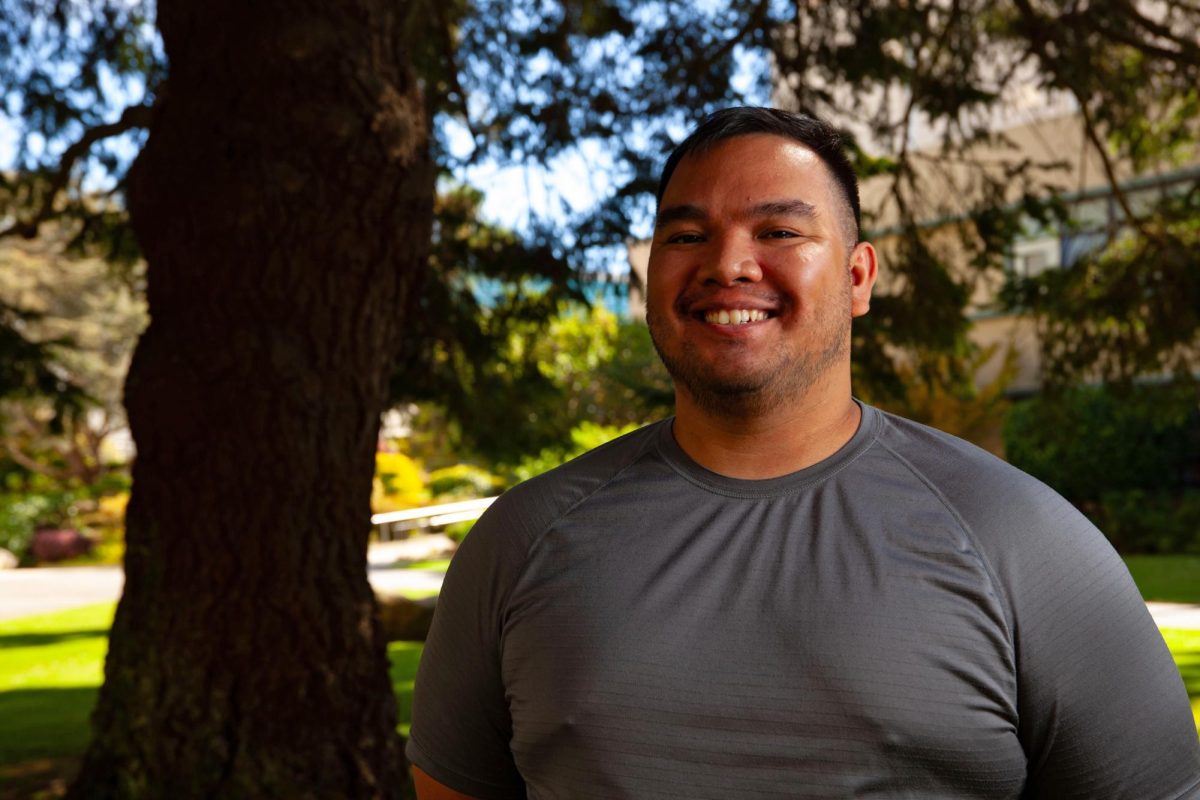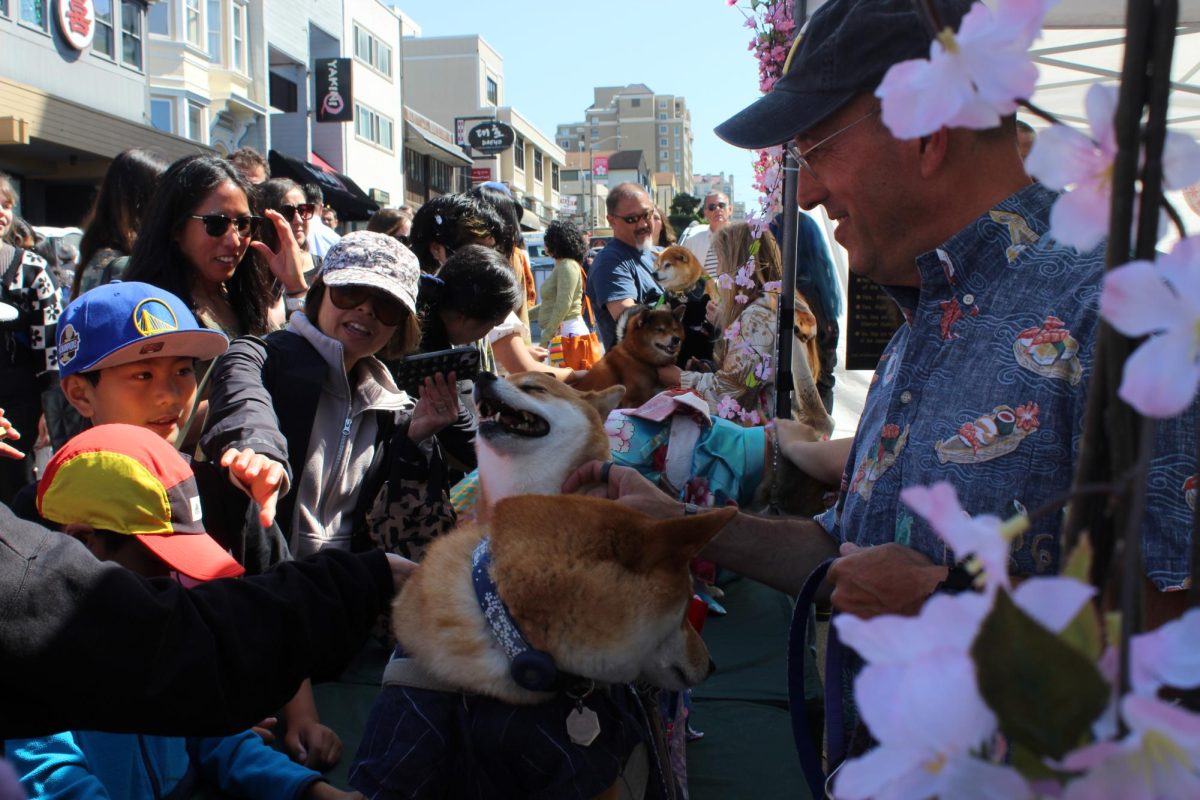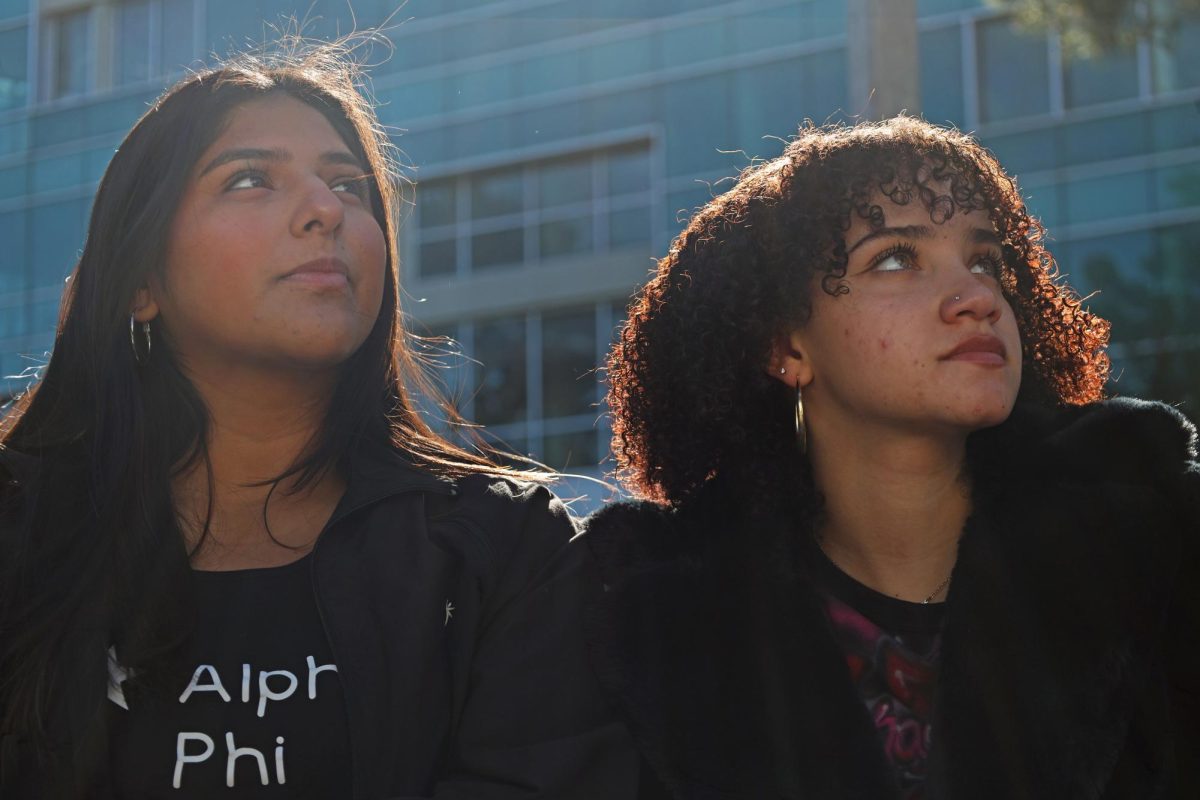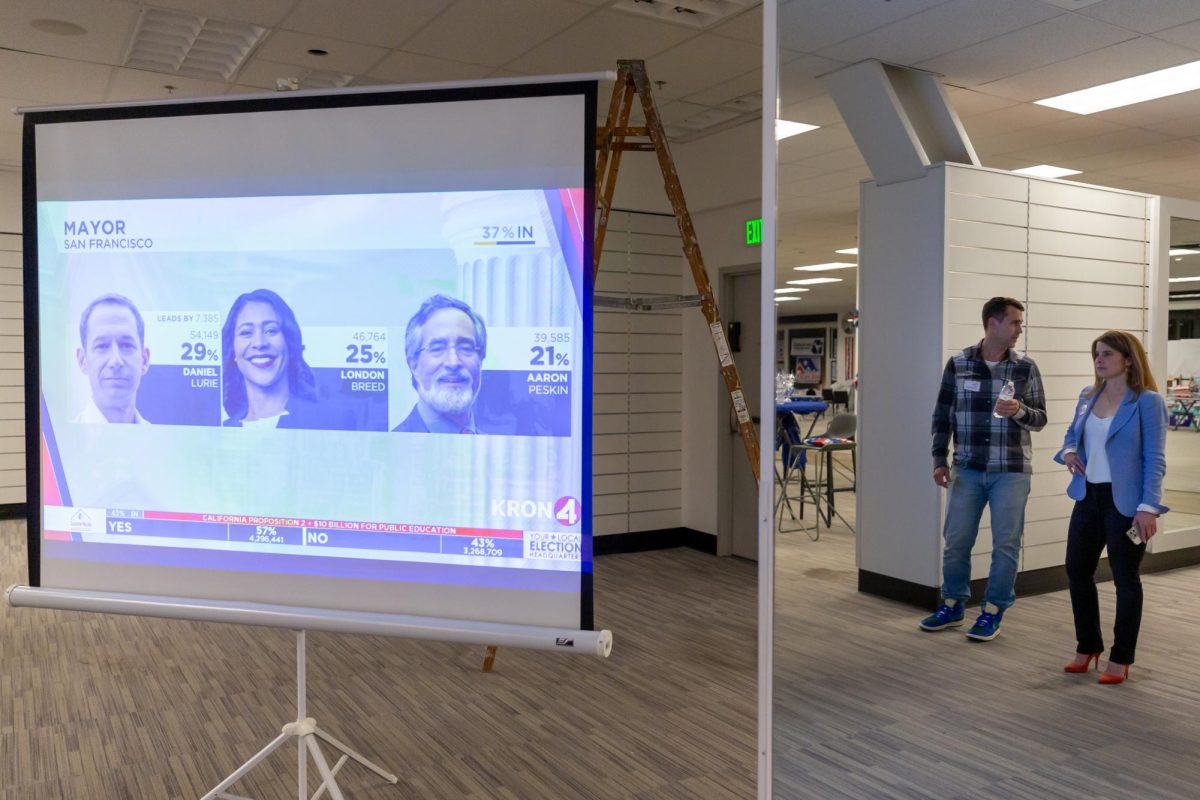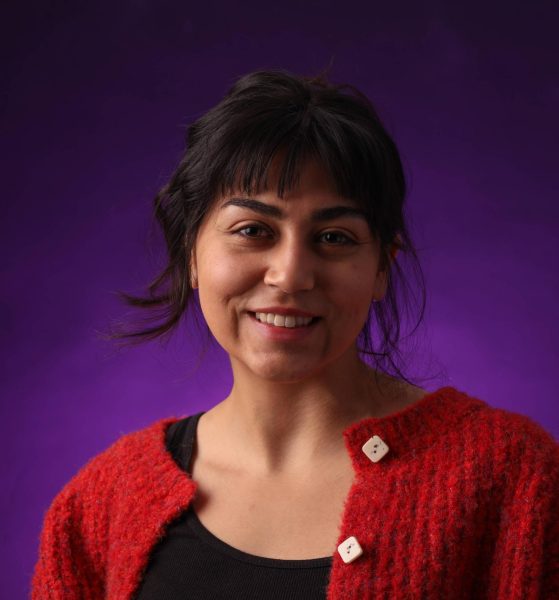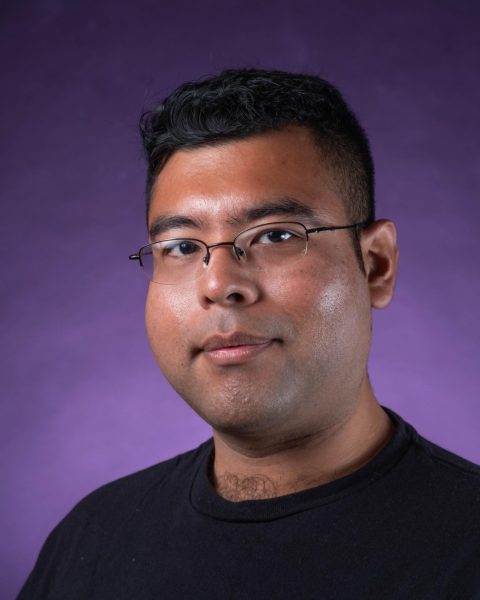America’s red, white and blue banner that flies as a symbol of patriotism, also represents the freedom to exercise one’s right to vote in the election cycle.
A recent poll from Gallup, a global analytical resource company, found that American adults in the U.S. have shown a significant decrease in pride in being an American since 2001. Those who felt “extremely proud” dropped from 55% to 41%, and those who felt “very proud” from 87% to 67% over the past 23 years.
Ron Hayduk, a San Francisco State University Political Science professor, says that an individual’s pride for the nation is represented in their “ideal of justice and equality.” However, Hayduk reasons that even with some sense of patriotism, today’s downward slope is made possible by redefining American ideals.
“It depends on how people are thinking about pride,” Hayduk said. “Like, ‘What is pride?’ I’m proud of what we are proud of being an American. But there’s sort of — especially in the more recent period — diverging views about what people think of when they think of America or being an American.”
With varieties of ethnicities, backgrounds and generations making up these diverging views, individuals are left to choose which candidate and policies align with their definition of pride.
Studio art student Lency Aguilar, who comes from a Mexican household, said she has pride in being an American because of the freedom in lifestyle it provides but sometimes reconsiders this when thinking about her family out of the country.
“I feel pride that I’m a citizen and that I get the opportunity to travel anywhere I want,” Aguilar said. “But sometimes when I visit back home I’m like, ‘Wow, it’s so peaceful here.’ Going back to the U.S., I know it’s just gonna be a lot of stress because all we do here is work to live. We don’t live to work.”
Aguilar connotes a life of work and no play with the American Dream. In comparison to individuals from other countries and younger generations, Americans today have a harder time reaching what was once attainable goals and opportunities.
A 2017 Pew Research poll asked what people thought they needed to “achieve the American Dream.” The results showed that the top three essentials are freedom of choice in how to live, having a good family life and retiring comfortably. Only 11% of people polled associated the American dream with “being wealthy.”
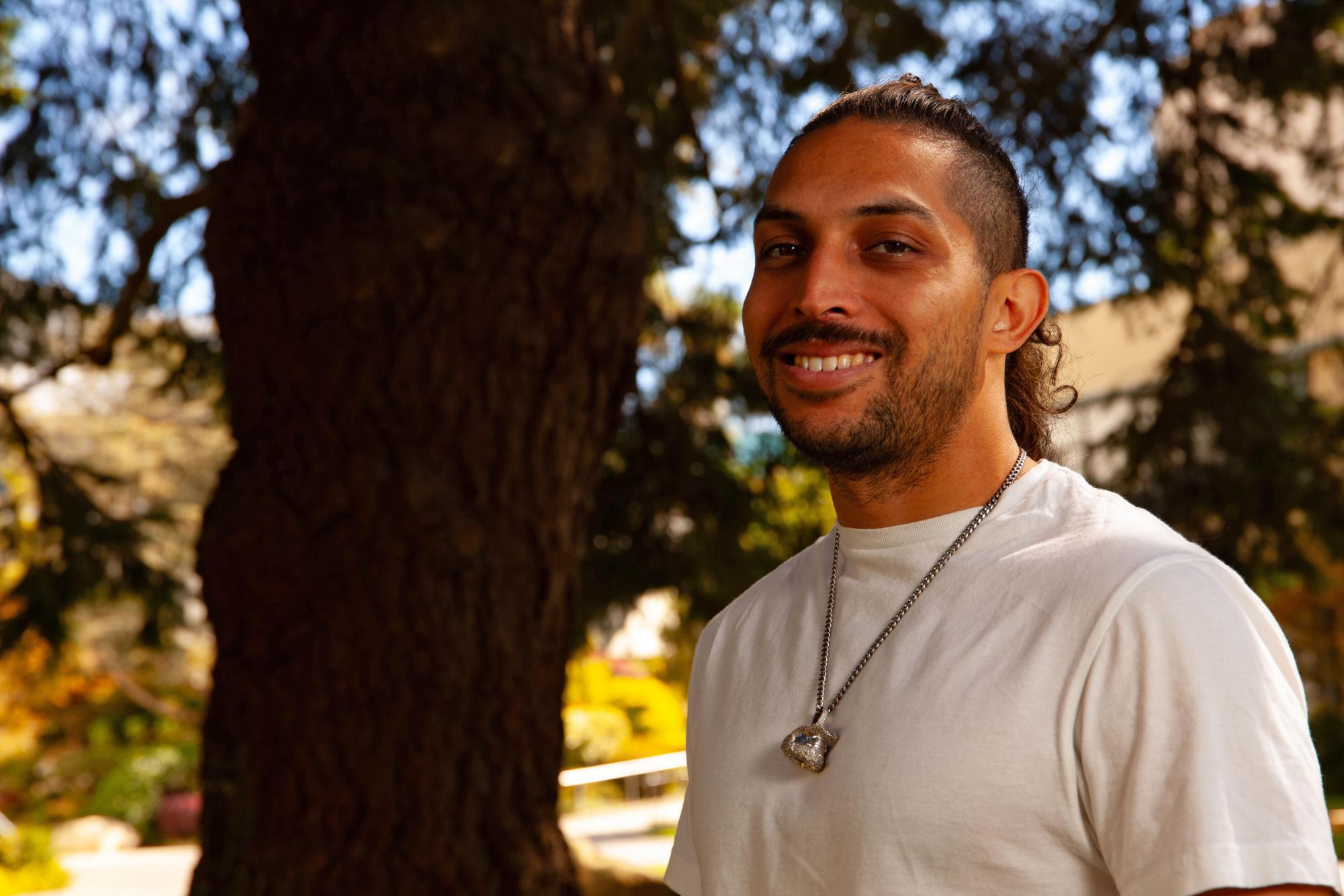
The evolution of the American Dream has shifted as modern-day generations have to work twice as hard for fewer benefits. Prior generations were proud of their American heritage but students like Aguilar feel their dreams are left out of reach with higher costs to raise families and differences in job opportunities.
“What I noticed a lot was that for Baby Boomers, the American Dream for them was to work, get married, have a stable job, have a family, buy a house,” Aguilar said. “Now in our generation with the way everything is so expensive, I think the American Dream for us is morphing into something different that I don’t even know what it is anymore. The American Dream has kind of shifted for everyone right now.”
With an adapting American Dream, the country and its voters are left to find a candidate who will make their version of the American Dream a reality. Hayduk said pride in one’s country can be aligned with support for a candidate whose vision is similar to their own.
“People are certainly proud of the vision that the candidate projects of the current nature of the United States of America,” Hayduk said. “Let alone the vision of what they want to do as president that could move in a particular direction.”
These perceptions are realities that voters have experienced and wish to supplement with their next president. However, the nation’s evident divide in who represents the “right” American Dream can be a cause of the lack of pride.
Research from Gallup’s poll shows that Republicans, despite a decrease in pride in being American, from 64% in 2001 to 59% this year, express more pride than Democrats who fell from 54% to 34%.
Although he is unregistered to vote, Feliciano Venenciano said voters can associate pride with their personally supported candidate and can be persuaded by political speeches.
“[Voters] identify the party itself with the pride of their country because [of] what [candidates] promise on,” said Venenciano, a nursing student. “If you’ve watched any of the debates, they always make a speech about the pride of the nation, like ‘It feels good to be an American.’”
In contrast, Matthew Rivera, a psychology student, said he doesn’t see a clear representation of American pride for voters. Despite not voting in this election season himself, Rivera said people will end up voting out of their predetermined party affiliation.
“People would want to vote because of Republican versus Democrat,” he said. “If [candidates] were a little more promising. It just feels much more like a reality TV show every time. They make fake promises. Because essentially, they say in past events that they’re going to fix all this but yet they still haven’t.”
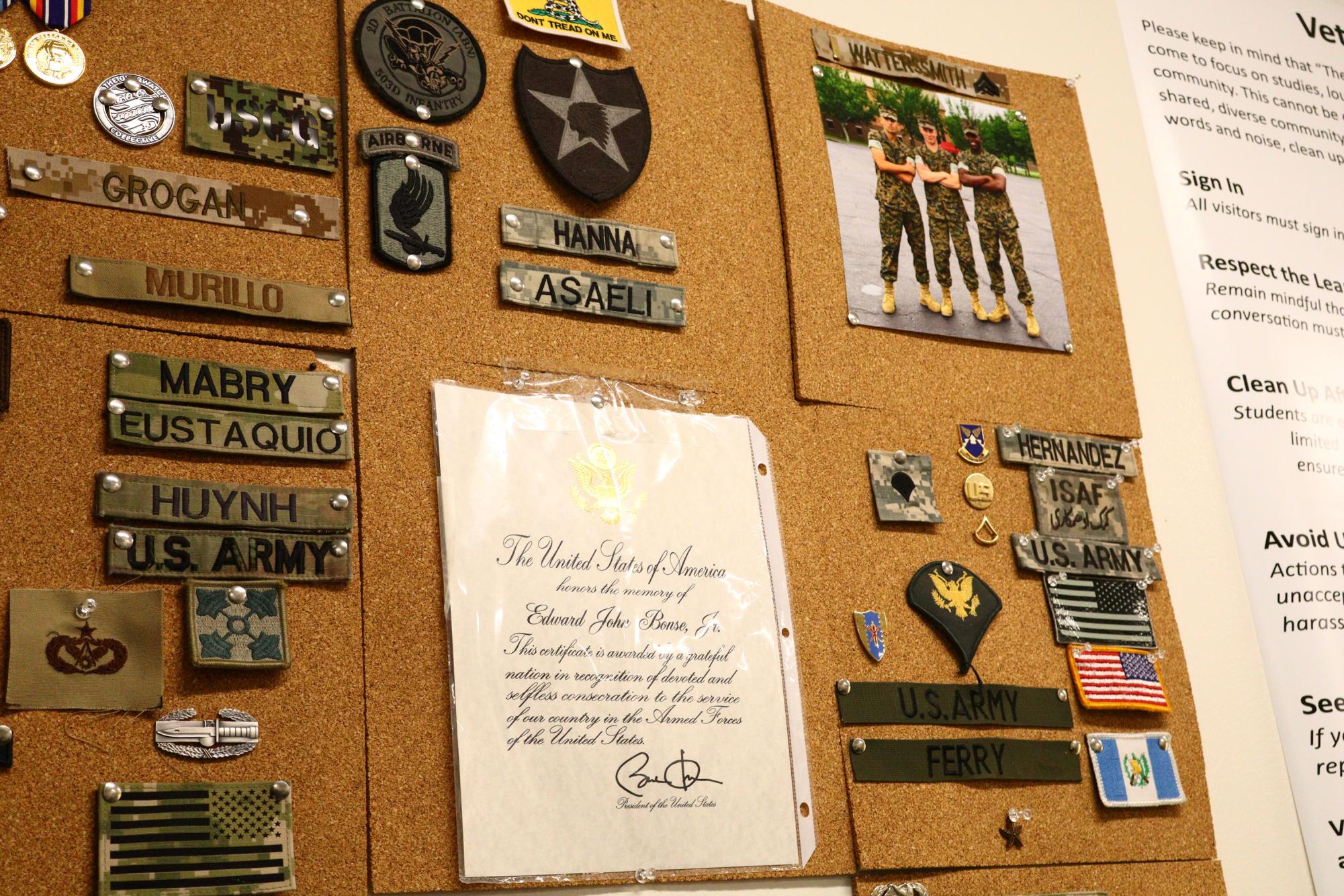
Choosing the most suitable leader for America is a great responsibility as the crowned candidate’s decisions determine the next four years. In this presidential election, voters might face a tough time at the ballot boxes.
Students like Rivera, who are less likely to be partisan, can feel helpless and vote for the less threatening candidate who will allow them to hold some sense of their American pride.
According to Cambridge Dictionary, partisanship is to express a concrete bias for an idea, person or political party, usually without first assessing the subject.
Decades ago, this mentality would have rang true but SFSU Political Science professor Kevin Croshal explained that the voting logos have shifted to negative partisanship.
“Some people, while partisan and vote for one party and belong to it, don’t do so out of love for their candidate or team,” Croshal said. “It is more out of fear or hatred for the other side, which we see more today.”
With partisanship voting driving this year’s election, about two-thirds of those registered to vote according to Pew Research, a united sense of pride is in the past.
Naesi Hayfron, a nursing student, said the divide will continue to have Americans up in arms against each other.
“We’re at a point where politics is in everything,” she said. “Almost everything you talk about leads back to politics. No matter who gets elected, we’re still going to be fighting. I really want to see someone prioritize rights, like in general, because we’re going back — it’s concerning and scary.”
Americans come from all walks of life. Every voter is looking for someone to understand what Hayduk illustrates as “the game of life” versus the game of monopoly. People are searching for someone to help carry their burdens and work toward a hopeful future.
“If you think of the game Monopoly, the rules are fair and everyone has equal opportunity,” he said. “But in reality, some people have privileges and others have burdens and barriers like The Game of Life. It’s the American Dream. And so this pride, the expression and pride, of the country might also reflect those different experiences in the actual game of life.”
In spite of where one starts on the game board, Hayduk sees young people and voters as the lucky dice who can advocate for the “future of the world they would want to live in.”
But not everyone shares his enthusiasm.
Reflecting on the future of his nation, Venenciano said patriotism doesn’t have the power to move him and his peers forward in the right direction.
“Patriotism feels like it’s important to the country but not for the people living in it,” Venenciano said. “Of course, we do benefit, but it just doesn’t feel direct. It doesn’t feel like having patriotism directly makes me happier.”




